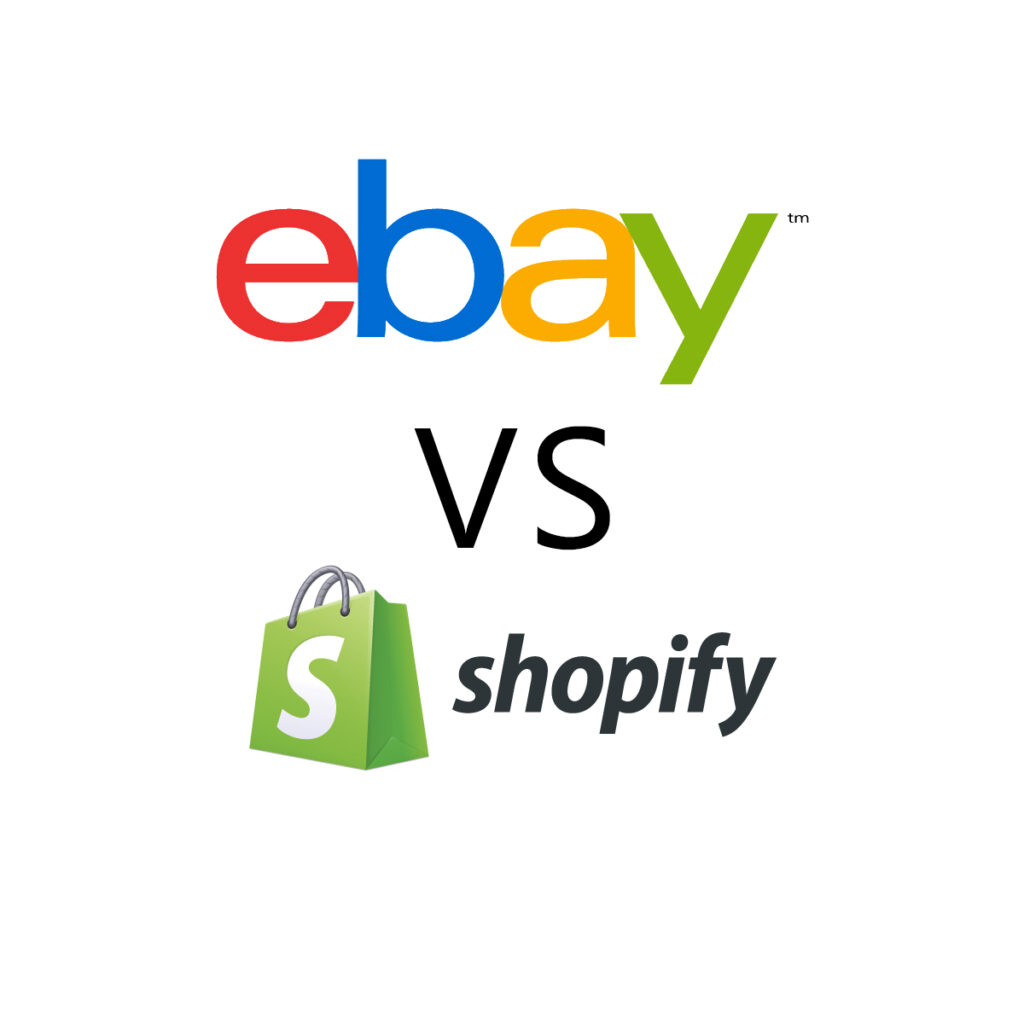
Selling products online has become an increasingly popular way for people to start their own businesses and make money. With the rise of e-commerce platforms such as eBay and the ability to easily create your own website, it can be difficult to decide which route to take. In this blog, we will explore the pros and cons of selling products on eBay versus setting up your own website.
eBay
eBay is an e-commerce platform that allows individuals to buy and sell products online. It has been around since 1995 and has grown to become one of the largest online marketplaces in the world, with over 185 million active buyers. Here are some of the advantages and disadvantages of selling on eBay:
Advantages:
- Established Platform: eBay is an established platform with a large customer base. This means that you have access to a large number of potential buyers without having to build your own audience from scratch.
- Easy to Get Started: Setting up an eBay account is relatively simple and straightforward. You can start selling products in a matter of minutes.
- Low Start-Up Costs: There are no upfront costs to start selling on eBay. You only pay a fee when you sell an item.
- Seller Protection: eBay has a seller protection program that helps protect sellers from fraudulent buyers.
Disadvantages:
- Fees: eBay charges fees for listing items and taking a percentage of the final sale price. These fees can add up, especially if you are selling high-value items.
- Limited Customization: You have limited control over the look and feel of your eBay store. This means that it can be difficult to differentiate yourself from other sellers on the platform.
- Dependence on eBay: When you sell on eBay, you are dependent on the platform for your sales. If eBay were to change its policies or shut down, it could have a significant impact on your business.
YOUR OWN WEBSITE
Creating your own website can be a more time-consuming process, but it can also provide more control and flexibility over your business. Here are some advantages and disadvantages of selling on your own website:
Advantages:
- More Control: When you have your own website, you have more control over the look and feel of your online store. You can customize it to fit your brand and create a unique experience for your customers.
- No Fees: When you sell on your own website, you don’t have to pay any fees to a third-party platform. This can save you money in the long run.
- Branding: Having your own website allows you to establish and build your own brand. This can help you differentiate yourself from competitors and build customer loyalty.
Disadvantages:
- Higher Start-Up Costs: Setting up your own website can be more expensive than selling on eBay. You’ll need to purchase a domain name, hosting, and potentially pay for web design services.
- Marketing: When you have your own website, you’re responsible for driving traffic to your site. This means that you’ll need to invest in marketing and advertising to attract customers.
- Security: When you have your own website, you’re responsible for ensuring the security of your customers’ information. This can be a significant responsibility and can require additional investment in security measures.
Conclusion:
In conclusion, both eBay and setting up your own website have their pros and cons when it comes to selling products online. eBay is a good option if you’re looking to get started quickly and have access to an established customer base. However, if you’re looking for more control over your business, creating your own website can be a better option in the long run. Ultimately, the best option for you will depend on your individual needs and goals.
